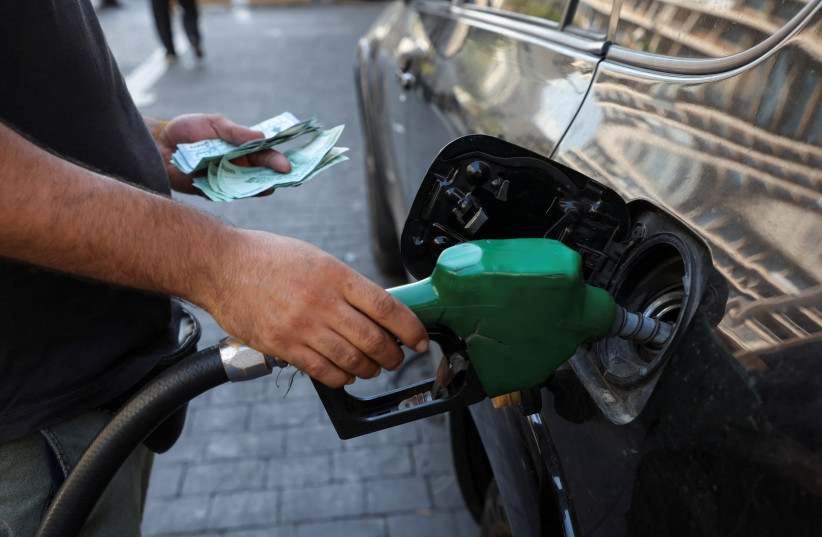Iran is ready to send ships loaded with fuel to Lebanon within one or two weeks to help run the country's power plants, the Iranian embassy in Beirut told Al-Manar TV as a Lebanese delegation was in Tehran to discuss energy cooperation.
"Any gift from anywhere is welcome."
Lebanese energy ministry spokesperson
A Lebanese energy ministry spokesperson said they were unaware whether a fuel import deal had been struck but said "any gift from anywhere is welcome."
Iran had previously proposed providing fuel to the Lebanese state in the form of a donation in an effort to avoid US sanctions on Iran's energy sector, two government sources told Reuters earlier this month.
Lebanon and Iran are also discussing the construction of new power plants and fixing electrical power networks, the embassy said.
If the fuel deal goes through, it would be Iran's first directly to the state after it previously sent some to its ally Hezbollah, a powerful armed movement that is part of Lebanon's coalition government.

Lebanon's economic crisis turns into energy crisis
Lebanon has struggled with outages for decades but its economic meltdown since 2019 has drained state coffers, slowing down imports of fuel for government plants.
That has left most of the country with just one or two hours of state-provided electricity per day and forced households to rely on subscriptions to private generators that have skyrocketed as global fuel prices spiked.
